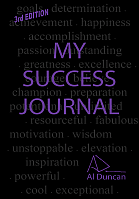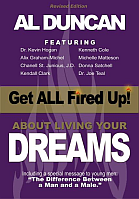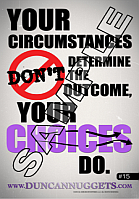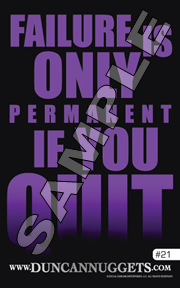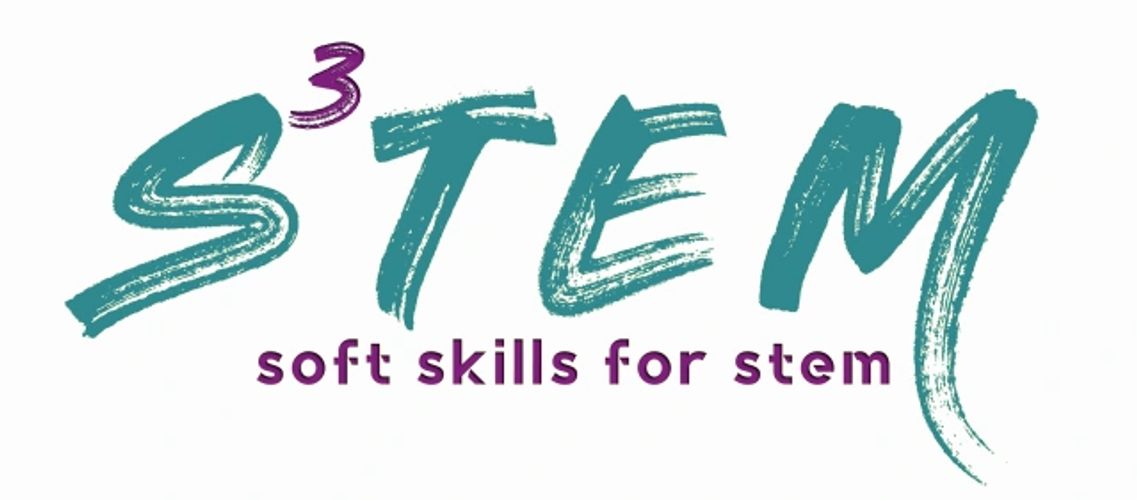7 Business Writing Tips For Students In The Workplace

Maybe you can help me out. I have been banging my head against my desk for about 10 minutes now trying to remember the name of a movie.
It’s the one where somebody leaves the wrong voicemail on a person’s answering machine and then has to break into the house to get the voicemail before the other person hears it.
Do you remember that movie? If you do please let me know what it is. Thanks.
6 Reasons Young Employees Need Better Written Communication Skills
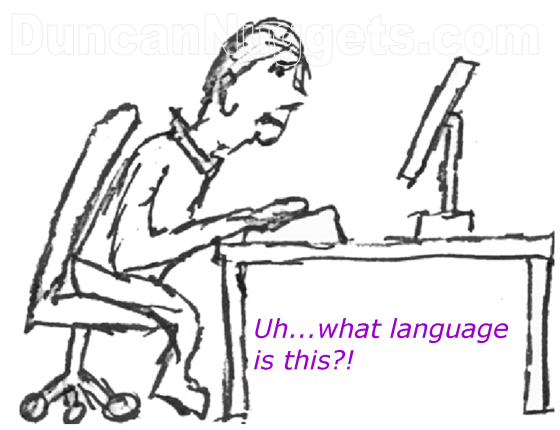
“Well… what happened?”
“I told him if he wanted a job, send me an email and he sent me a text disguised as an email.”
“Nooo. Really? Man… that’s messed up. I think he’s doing pretty good in school.”
“For me that’s even worse. He’s in college! I mean really, Al… does he even know what punctuation or a complete sentence is?!”
—irritated business owner talking to Al Duncan about a potential employee
Duncan Nugget #359:
When you communicate, you shape a person’s perception of who you are.
Interview Question: What Did You Do When You…?
What did you do when you…?
This behavior-based interview question is a variation of the “tell me about a time when…” You could be asked this type of question during an interview for college, grad school, an internship, or a job. Here’s the key to giving a solid answer.
Tell a story and be specific.
Seriously. Be specific.
A vague answer to this type of question will cost you a lot of points. In order to ell a story that focuses on your strengths and provides relevant you might want to use the STAR method. Check out this article to get some great tips on how to use the STAR method and tell compelling stories.
More examples of this type question:
What did you do when you…?
1. Did your best but things still didn’t turn out right.
2. Had to work with a difficult person.
3. Failed to complete a project on time.
4. Had too much to do and not enough time to do it.
5. Had to come up with a creative solution to a tough problem.
6. Were frustrated at school or work.
7. Had to deal with a difficult customer.
8. Fell short of your boss’s (or teacher’s) expectations.
9. Were managing or leading a group of people and had to keep them motivated.
10. Easily accomplished a task and exceeded everyone’s expectations.
4 Questions To Ask Yourself
Who do you plan to be?
What do you plan to do?
What do you plan to have?
Million-Dollar Question:
What do you plan to give?
- Topics: 3. BROWSE BY TOPICSArticlesCareer DevelopmentGoals & ProductivityGrit, Perseverance, DiligencePersonal DevelopmentProfessionalTeenYoung Adult
[ACTIVITY] 7 Soft Skills CEOs Work On

While I was doing research for The Soft Skills Success Plan, I spoke to quite a few chief executive officers and other executives. I found it interesting that the soft skills they wanted in their employees were often the same soft skills in which the CEOs wanted or were receiving coaching for themselves.
But just because that’s what I found from a few dozen interviews, it doesn’t mean this trend is universal. Fortunately, I came across the 2013 Executive Coaching Survey administered by Stanford University and the Miles Group. The results were similar to my interviews, but they were more accurate and more data was available.
- Topics: ActivitiesArticlesCareer DevelopmentConflict ManagementLeadership SkillsProfessionalSoft SkillsYoung Adult
The “I” In Team: 4 Philosophies Of An Awesome Team Player
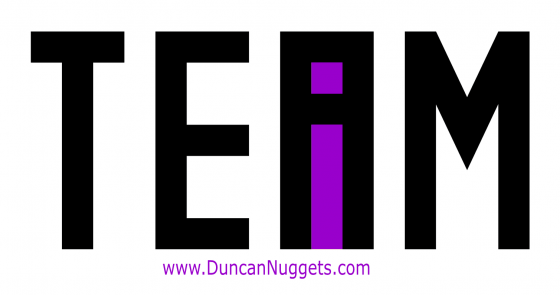
“Just win the game!!!”
Although he was in extraordinary pain, that was Kevin Ware’s message to his teammates. There was 6:33 left in the first half of a 2013 NCAA Men’s Basketball Tournament Elite Eight game. Kevin and his fellow Louisville Cardinals were up against the Duke Blue Devils. A coveted spot in the Final Four was on the line.
5 Soft Skills Clusters – Soft Skills Development Framework
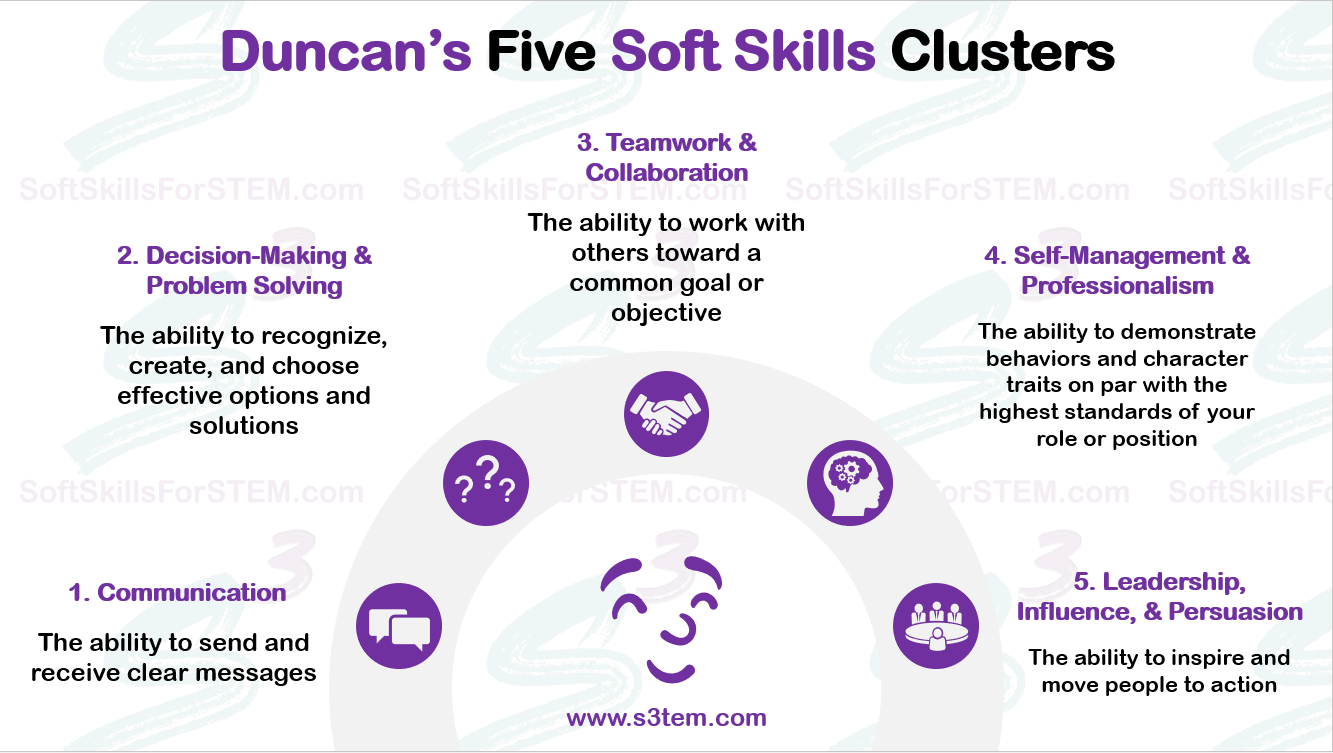
Five Soft Skills Clusters
(download pdf)
In order to facilitate training, development, practice, and application across various areas of life—not just career development—I have developed a simple framework (The 5 Soft Skills Clusters) that includes key behavioral indicators.
